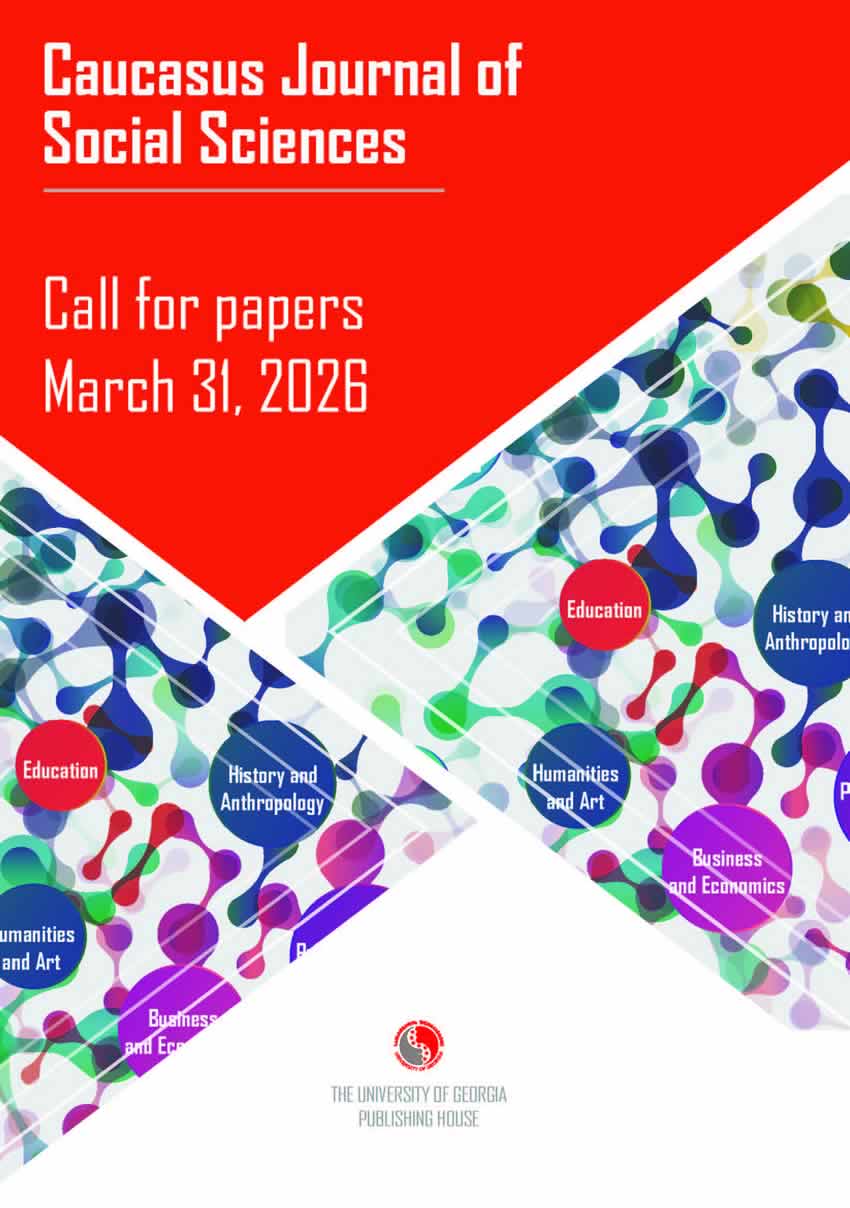Lingvuocognitive and Lingvuocultural Dimensions of the concept “Life” in Modern English
DOI:
https://doi.org/10.62343/cjss.2022.221Keywords:
concept; worldview; cognitive linguistics; linguoculturology; conceptual analysis; componential analysisAbstract
The article deals with the problem of exploring the specificity of lingvuocognitive and lingvuocultural dimensions of the concept “Life” in Modern English. Some integral and differential markers of cognitive linguistics and linguoculturology have been identified.
In the given paper conceptual analysis has been considered to be the most effective way to determine the structure of the concept. The mentioned type of analysis provided: (Barsalou, L. W. (1992). Frames, concepts, and conceptual fields in Lehrer A. & Kittay E. F. (eds.) Frames, fields, and contrasts. Hillsdale, NJ: Erlbaum), (Eugene, H. (1996). Cognitive Linguistics in the Redwoods: The Expansion of a New Paradigm in Linguistics).
• Determination of the most complete repertoire of the linguistic means, objectifying the concept;
• Adequate description of the semantics of the mentioned linguistic means;
• Cognitive interpretation of the results of the analysis of the semantic space of the concept;
• Representation of the concept as a global mental unit imprinted with national specifics.
Conceptual analysis of the concept “Life” revealed its great significance in the communication of the representatives of the English-speaking culture and its special status in the language system.
Downloads
Published
How to Cite
Issue
Section
License
Copyright (c) 2023 Sophiko Chkkoidze

This work is licensed under a Creative Commons Attribution 4.0 International License.
In case an article is accepted for publication it is allowed to combine the article with other research, to conduct new research on the article, or to make different arrangements on condition that the same license is used including commercial purposes.
As an author of an article published in the Caucasus Journal of Social Sciences, you retain the copyright of your article and you are free to reproduce and disseminate your work.











